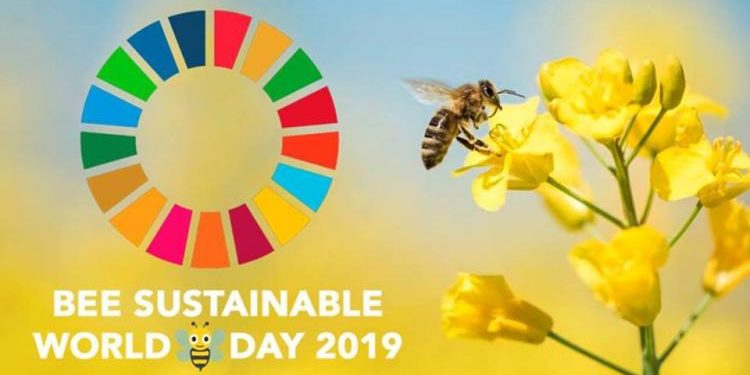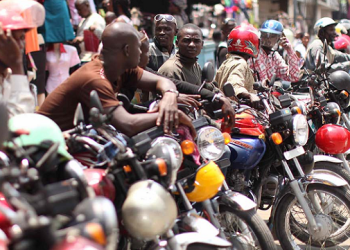A professor of Entomology at the University of Cape Coast, Professor Peter Kwapong is calling for a robust collaboration between government and the academic community to exploit the potentials in bee keeping for economic gains.
Professor Kwapong noted that much cannot be said about the current situation as far as bee keeping is concerned in the country as local production seems woefully inadequate to meet the local market demand.
He was speaking on the significance of bee keeping in commemoration of this year’s World Bee day.
Although the Federation of Ghana Bee Association has estimated Ghana’s honey potential to be at 500,000 tonnes per annum, worth about $1.5 billion, local players have for years failed to fully exploit this huge potential, accounting for only 5000 tonnes per annum due to limited capacity.
Professor Kwapong said politicians must begin to seek information, both locally and internationally that will develop the intellectual abilities of its citizens in maximizing the potentials the sector possesses.
“I want policy makers to be aware and annex all the knowledge they can find around to help boost activities that promote the survival and conservation of bees.”
Aside the economic benefits, Prof Kwapong noted that honey from bees has health profits, particularly for the immune system because they serve as the base for many medicines.
“It has some vitamins and nutrients that help to supplement our diet and thereby reduces deficiency.”
He added, “Honey is a whole cocktail of nutrients, vitamins and things that we haven’t been able to utilize. It boosts the immune system and heals so many diseases like diabetes, high blood pressure and all kind of things.”
In 2011, the European Union (EU) certified Ghana to join other African countries accredited to export honey to the EU market.
This implied that the international market for honey had expanded and Ghana was expected to meet the supply gap by increasing the volume of trade and quality of production
Eight years after Ghana received certification to join the EU market, not a single tonne of honey from Ghana has entered the EU market, with local producers even struggling to meet the local demand.
According to Prof Kwapong, with the right form of support, Ghana is meant to make giant strides in the global markets with its bee keeping.
This year, World Bee Day is focusing on bee production and good practices adopted by beekeepers to support their livelihoods and deliver good quality products.
To mark the Day, a virtual event – under the theme “Bee Engaged” – will highlight the importance of traditional knowledge related to beekeeping, the use of bee-derived products and services, and their importance in achieving the SDGs.
Source: Kojo Dei/ATLFMNEWS


























